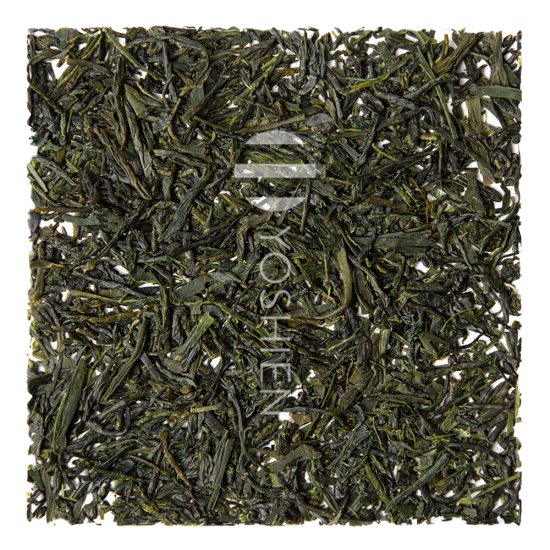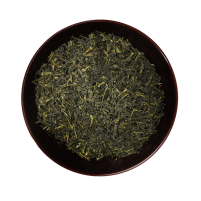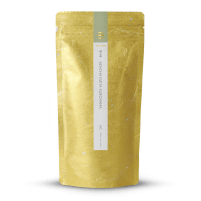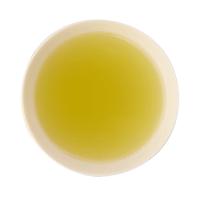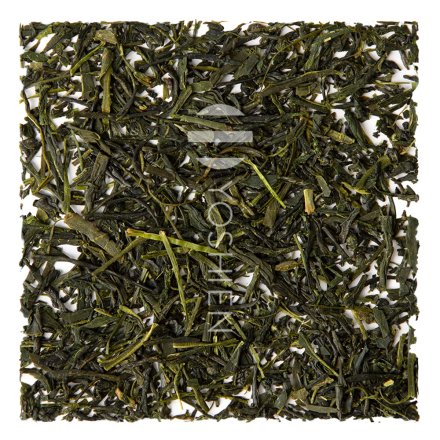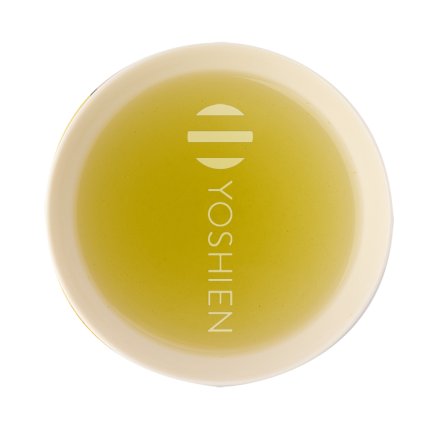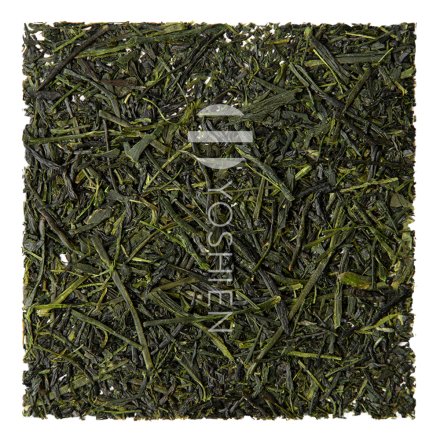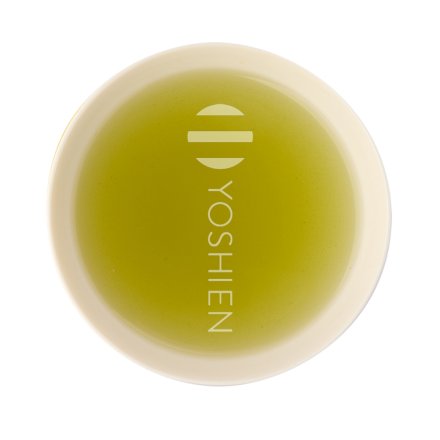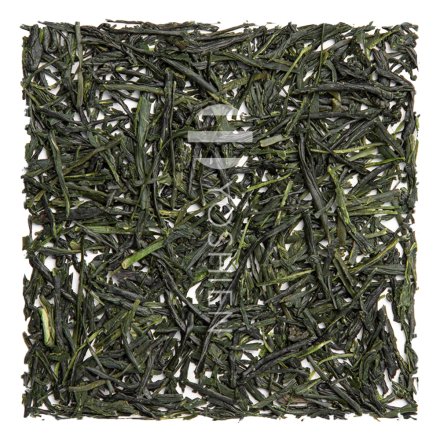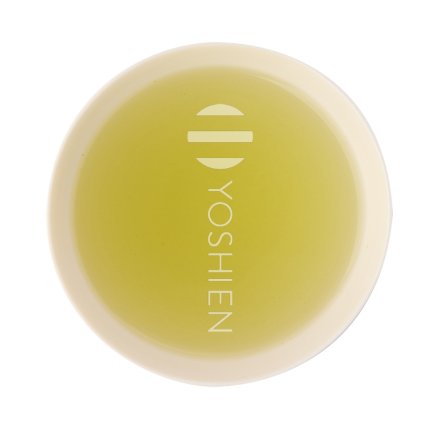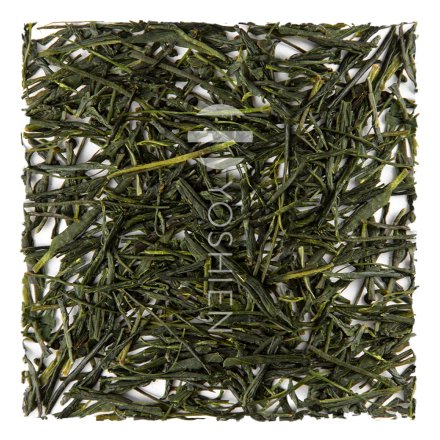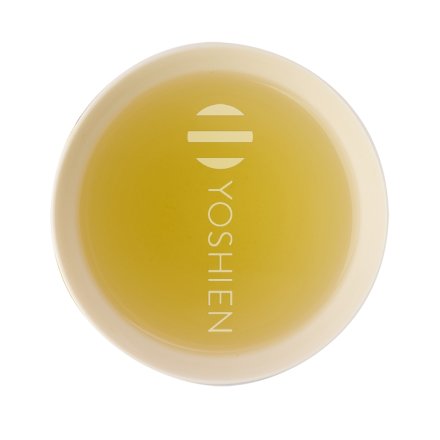The main tea fields of Igeta Seicha are located in Hikio about halfway up Mt. Kuroyama, which peaks at 691m. Hikio is both idyllic and secluded, occupying a special location between the famous Kirishima mountain range to the southeast and the warm coast of Miyazaki to the east. The tea fields are completely surrounded by mountains and a cedar forest. These conditions not only help shield the plants, but also generate a constant, mild breeze that naturally wards off frost. The farm has its own spring around which wild wasabi, watercress, and many other plants and herbs grow. Each year, Master Igeta personally selects a custom blend of refined cultivars, mainly those from Kyushu such as saemidori, okumidori and asatsuyu, for which he is famous. He also adjusts the steaming method and time for each cultivar, generally preferring deeper steam for full-bodied flavour.
Single Origin
This tea is exclusively sourced from Igeta Seicha. Sourced directly from the tea farmer.
Organic Certification






